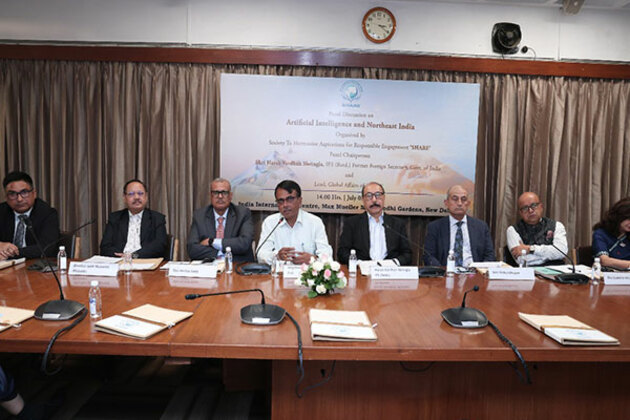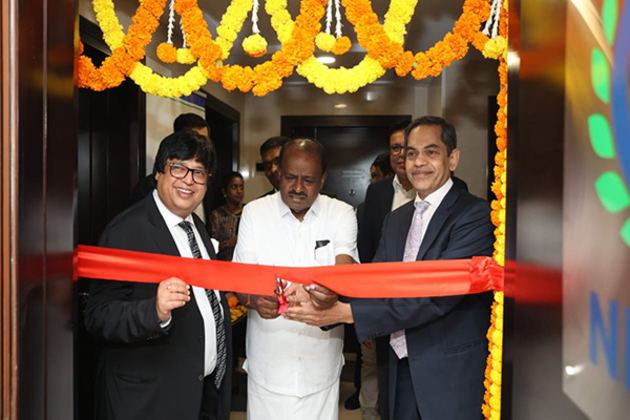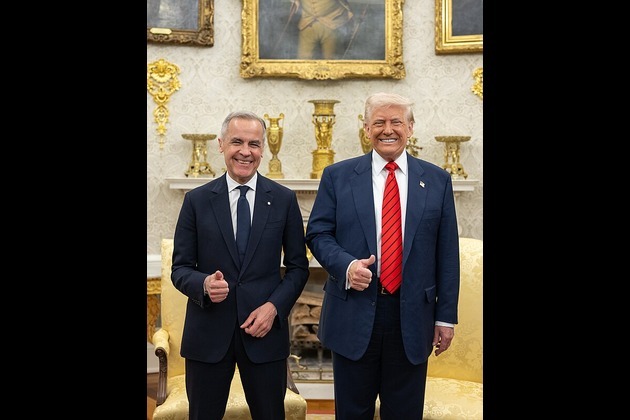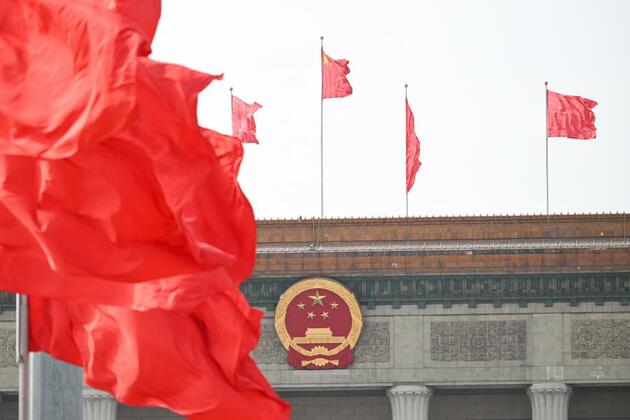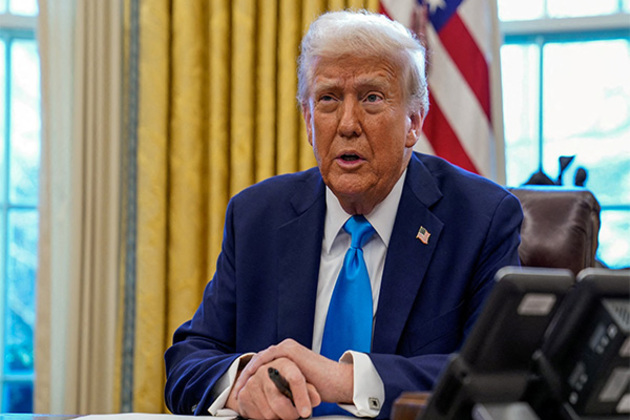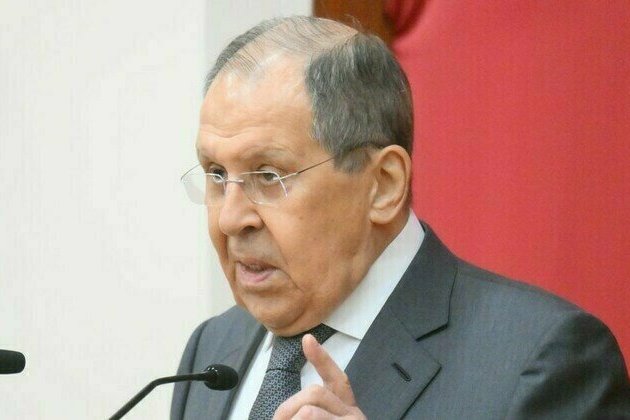Awareness Should be the Priority in Public Health Efforts against Leprosy
iCrowd Newswire
11 Sep 2019, 03:40 GMT+10
By Ben Kritz
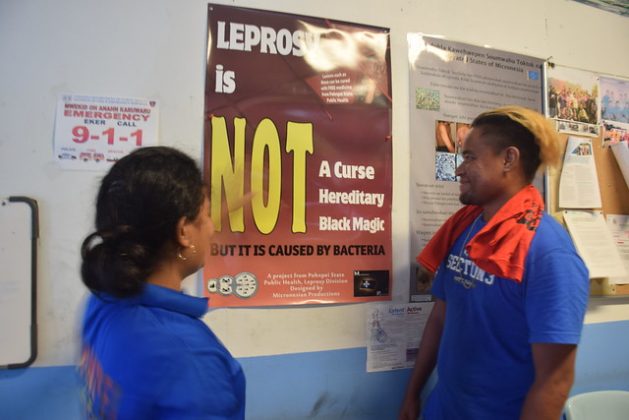
Dexter, a 25-year-old fisherman from Pohnpei in the Federated States of Micronesia, received treatment for Hansen's disease, also known as leprosy, for over a year. He has been cured of the disease. Credit: Stella Paul/IPS
MANILA, Sep 9 2019 (IPS) – Increasing awareness of the continuing existence of Hansen's Disease (leprosy) is critical to sustaining effective public health efforts against the disease, eliminating the social stigma associated with it, and halting its transmission.
That was the consensus reached by participants at the Global Forum of People's Organisations on Hansen's Disease in Manila on Sept. 9, following a lecture by Dr. Arturo Cunanan, the Chief Medical Officer of the Culion Sanitarium and General Hospital in the Philippines. The forum was organised by Japan's Sasakawa Health Foundation (SHF) and The Nippon Foundation, which support elimination of the disease globally and provide information and awareness about the disease through a specifically focused website.
Cunanan noted that for several years, the number of new cases has plateaued at about 200,000 per year, a troubling statistic that he attributed in part to a lack of awareness among public health bodies as well as people affected by the disease.
The social stigma attached to leprosy is a barrier to early detection of the disease, which is the key to slowing its rate of transmission. Cunanan said that the average length of time between the onset of the disease and the beginning of treatment is about two years.
This happens because on the one hand, patients are unaware of medical help available to them, unwilling, or otherwise unable to seek treatment due to stigma; and on the other, a lack of expertise and resources on the part of public health departments due to a misunderstanding of the persistence of the disease.
Not a priority
"Many public health and government officials confuse elimination and eradication," Cunanan told the forum participants. "They think that leprosy being eliminated as a public health problem means it has been eradicated, so they are surprised when they learn it still exists."
What this has resulted in is a decline in the material and human resources available for combatting leprosy. "Leprosy will never be a priority" for government health programmes, Cunanan said. "There are more pressing problems, bigger emergencies."
The Philippines is a good example. The disease is considered a minor problem, and the number of new cases each year is relatively low – there were 2,108 new cases in 2017, out of a national population of about 107 million – but has been relatively consistent year after year, "between 2,000 and about 3,000".
Because of the mistaken belief that leprosy has either disappeared entirely or has become rare, medical expertise and programmes have disappeared from public health institutions. That in turn has degraded the supervision and monitoring needed to identify new cases and prevent the transmission of the disease, Cunanan explained.
Lucy Massao, a member of the Tanzania Leprosy Association (TLA), noted that the stigma and lack of understanding of leprosy among the public in her country was also reflected in the shortcomings of the public health framework.
"We at TLA really spend a lot of time trying to educate people, including the officials," she said. "Many patients, the health officials refer to us, because they cannot offer much support except for the medications. But they are improving, through working with us."
Role of people's organisations
Public health authorities elsewhere are also gradually recognising the value of the organisations of people who have been affected by leprosy. "You are the best experts," Cunanan told the forum participants, "Because you have first-hand experience."
Organisation members can assist in early detection and outreach, Cunanan explained, and help public health authorities improve their services to leprosy patients.
In the Philippines, collaboration with people's organisations such as Coalition of Leprosy Advocates of the Philippines has actually been included in official policy. Philippine Assistant Secretary of Health Dr. Maria Laxamana, who delivered the keynote address on the forum's first day, noted that "intensified collaborative efforts among [government] agencies and with private partners" is a key objective of the government's National Leprosy Control Programme.
Dr. V.R. Pemmaraju of the World Health Organisation's (WHO) Global Leprosy Programme said that there has been a marked growth in talent and inclusiveness among people's organisations, which is increasing their effectiveness in supporting and extending public health efforts towards leprosy.
"What we're seeing, and you can see it at this forum, is that the groups are more global, include more women, and are more educated about the disease and the support needed," Pemmaraju told IPS.
"This has been very good from the point of view of the WHO, because of the added social aspect of the Global Leprosy Partnership," he explained. Where people's organisations still need to develop is in working effectively with governments.
"They [the organisations] have the experience and knowledge about leprosy, but what I've seen is that most need more skills in negotiating and engaging with government officials," Pemmaraju said. "There is still some gap in inclusion of people's organisations in forming public health policy [related to leprosy], and developing those skills would help to reduce that."
Pemmaraju is upbeat about the prospects of people's organisations gaining a bigger voice in public health policy towards leprosy.
"In each of these meetings, I see the groups growing globally and gaining more influence," Pemmaraju said. "With the engagement of the people's organisations, we [the WHO] are optimistic that we can achieve our goal of 'zero leprosy.'"
Contact Information:
 Share
Share
 Tweet
Tweet
 Share
Share
 Flip
Flip
 Email
Email
Watch latest videos
Subscribe and Follow
Get a daily dose of International Technology news through our daily email, its complimentary and keeps you fully up to date with world and business news as well.
News RELEASES
Publish news of your business, community or sports group, personnel appointments, major event and more by submitting a news release to International Technology.
More InformationComputers
SectionApple allows outside payment links under EU pressure
SAN FRANCISCO, California: Under pressure from European regulators, Apple has revamped its App Store policies in the EU, introducing...
Seminar held in national capital focusing prospects of Artificial Intelligence in Northeast region
New Delhi [India], July 2 (ANI): A seminar on the prospects and possibilities of artificial intelligence in Northeast India was organised...
NMDC expands global footprint with its new office in Dubai, forging global pathways in mining
Hyderabad (Telangana) [India], July 1 (ANI): NMDC, India's largest iron ore producer, marked a significant milestone with the inauguration...
China completes barrier belt to prevent eastward expansion of its fourth-largest desert
YINCHUAN, July 1 (Xinhua) -- China on Monday reached a major milestone in desertification control by completing a barrier belt along...
Elite Women's Boxing Tournament: Lovlina Borgohain storms into semifinals
Hyderabad (Telangana) [India], June 29 (ANI): Olympic Games Tokyo 2020 medalist Lovlina Borgohain eased past Punjab's Krisha Verma...
Ankushita Boro, Nikhat Zareen advance to semi-finals at Elite Women's Boxing
Hyderabad (Telangana) [India], June 29 (ANI): Former youth world champion Ankushita Boro showcased her class on Day 2 of the Elite...
Internet
SectionCanadian tax on US tech giants dropped after Trump fury
WASHINGTON, D.C.: On Friday, President Donald Trump announced that he was halting trade discussions with Canada due to its decision...
DeepSeek faces app store ban in Germany over data transfer fears
FRANKFURT, Germany: Germany has become the latest country to challenge Chinese AI firm DeepSeek over its data practices, as pressure...
Daily World Briefing, July 3
Chinese premier to attend 17th BRICS Summit in Brazil, visit Egypt China looks forward to working with all parties to consolidate...
British pound may go woke
The planned redesign reportedly seeks to replace historical figures with diversity themes A plan by the Bank of England (BoE) to...
"Not going to let this Communist Lunatic destroy New York": Trump again takes a dig at NYC Dem primary Mamdani
Washington, DC [US], July 2 (ANI): US President Donald Trump was yet again at his rhetoric against the Democratic mayoral nominee for...
Moscow responds to NATO chiefs Jesus comment about Lavrov
The Russian foreign minister has not worked in vain, since he made Mark Rutte remember Christ, Maria Zakharova has said NATO Secretary...


